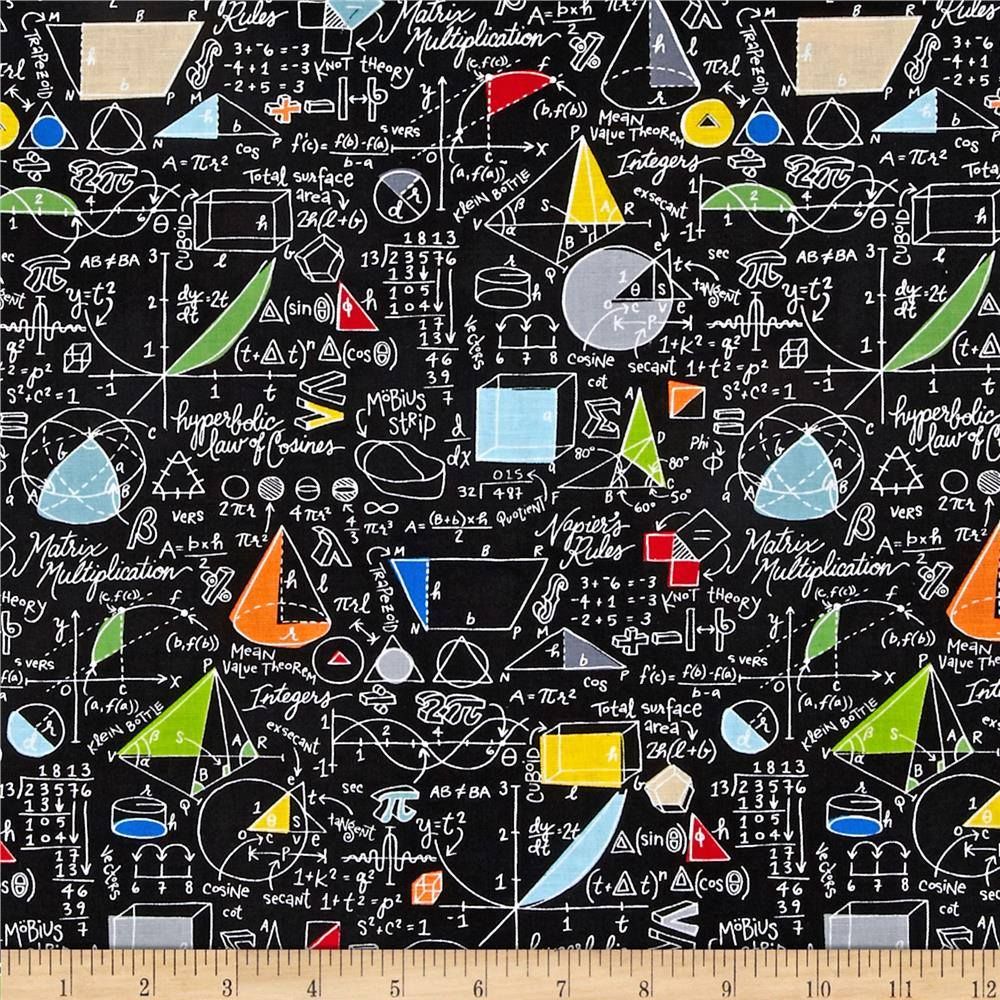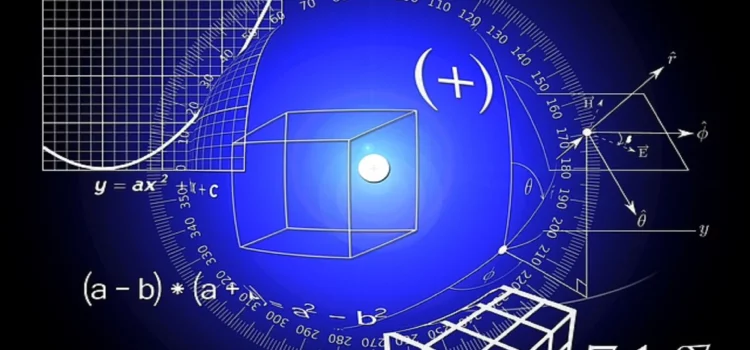
Introduction to Mathematical Physics
At its core, mathematical physics aims to describe and understand the behavior of physical systems using mathematical models. This interdisciplinary approach allows scientists to formulate precise theories and make predictions about the behavior of natural phenomena. Without maths physics, many of the modern scientific advancements we take for granted would not be possible.
Historical Development
The roots of mathematical physics can be traced back to ancient civilizations such as Babylonian, Egyptian, and Greek, who laid the groundwork for understanding the physical world through mathematical principles. However, it was during the Renaissance period that maths began to flourish, thanks to the works of luminaries like Galileo Galilei, Johannes Kepler, and Isaac Newton.
Foundations of Mathematical Physics
Mathematical physics relies on a robust set of mathematical tools and concepts to describe physical phenomena accurately. These include calculus, differential equations, linear algebra, and complex analysis, among others. These tools provide the language through which physicists can formulate theories and make predictions about the behavior of systems ranging from subatomic particles to the vast cosmos.
Modern Physics

In the modern era, mathematical physics finds extensive applications across various branches of physics. Quantum mechanics, with its probabilistic nature, is deeply rooted in complex mathematical formalisms such as Hilbert spaces and matrix algebra. Similarly, Einstein’s theories of relativity—special and general rely heavily on mathematical concepts like tensors and differential geometry.
The Role of Mathematical Physics in Understanding Reality
One of the most remarkable aspects of mathematical physics is its ability to provide a unified framework for understanding diverse phenomena. Through elegant mathematical formulations, physicists seek to uncover the underlying principles that govern the behavior of the universe. From the microscopic realm of particle physics to the cosmic scales of astrophysics, maths offers profound insights into the nature of reality.
Challenges and Controversies
Despite its successes, mathematical physics also grapples with several challenges and controversies. The interpretation of quantum mechanics, with its inherent probabilistic nature and the role of observers, remains a topic of intense debate among physicists. Moreover, the limitations of mathematical modeling in describing complex systems, such as turbulent fluids or biological systems, pose significant challenges to further progress in the field.
Impact on Technology and Society
The influence of mathematical physics extends far beyond the realm of academia. Many technological advancements, from the development of semiconductor devices to the design of space exploration missions, owe their success to the insights gained from maths . Moreover, the interdisciplinary nature of the field fosters collaborations with other scientific disciplines, leading to innovations in medicine, engineering, and environmental science.
Future Directions
As we look to the future, mathematical physics continues to be at the forefront of scientific inquiry. Emerging research areas, such as quantum computing, string theory, and cosmology, promise to push the boundaries of our understanding even further. Moreover, interdisciplinary collaborations between physicists, mathematicians, computer scientists, and engineers hold the key to addressing some of the most pressing challenges facing humanity.
Conclusion
In conclusion, mathematical physics plays a pivotal role in shaping our perception of reality. By combining the power of mathematics with the insights of physics, scientists have been able to unlock the secrets of the universe and pave the way for technological innovations that have transformed society. As we continue to explore the mysteries of the cosmos, let us not forget the profound impact that physics and will continue to have on our understanding of the world around us.










